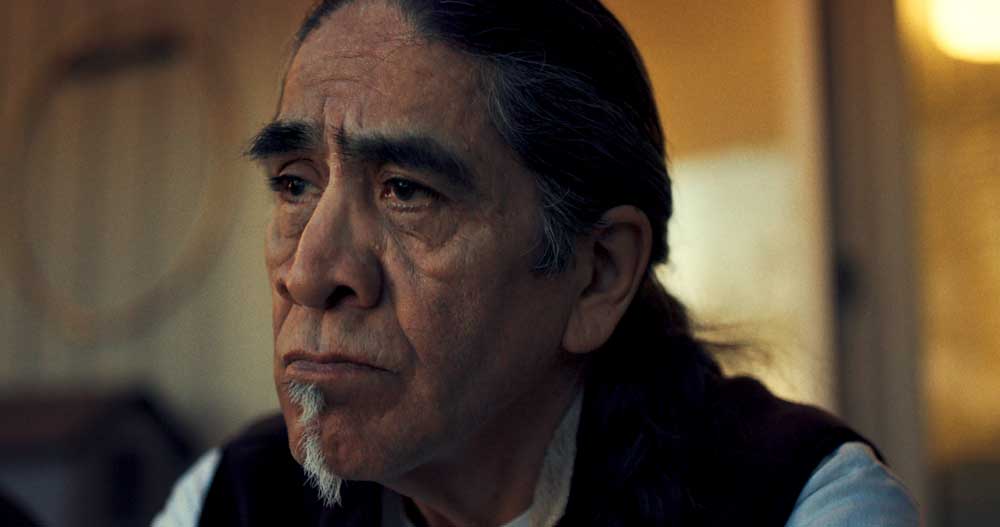‘Sugarcane,’ a powerful doc on residential school, deserves notice
Published 1:00 pm Wednesday, October 2, 2024

- Ed Archie NoiseCat grapples with the shocking truth of his secretive birth at St. Joseph's Mission Indian residential school.
Both devastating and infuriating, Julian Brave NoiseCat and Emily Kassie’s documentary following the investigation of one Canadian residential school will stick with you — as it should.
Its unflinching style allows the survivors from the St. Joseph’s Mission Residential School near Sugarcane, Williams Lake First Nation in British Columbia to tell their history and gives them the support in which to say it.
Throughout the film are stories of abuse from Catholic priests and nuns who ran the schools as well as investigations of horrific coverups throughout the school’s nearly 100-year span (it closed in 1981).
The film follows a few different stories from members of the Secwepemc Nation, the most prominent being the investigation into the children born at the school and subsequently either murdered to cover up the schoolchildren’s pregnancies or given up for adoption, often to abusive homes.
These generational traumas are addressed by the documentary and allowed to be aired in hopes of beginning the healing process, as well as no doubt seeking accountability for those that perpetrated or abetted the crimes.
There is a great sense of community care and familial support carried throughout the film as these facts become unveiled.
For NoiseCat, the investigations are even more personal as his father, Ed Archie NoiseCat, was one of the children born at the school — a history even his mother still cannot bring herself to discuss.
The NoiseCats’ search for the truth is paralleled by another child birthed by one of the schoolgirls and presumably one of the priests, former chief Rick Gilbert, who maintains the Catholic church in Sugarcane. Gilbert was chosen to travel with several other First Nations representatives to the Vatican to receive an official apology from Pope Francis.
The film also follows investigators Charlene Belleau and Whitney Spearing as they uncover first-hand accounts from survivors as well as documents sealed by the authorities. Belleau has been an activist in this area for a while and also has her own history at the mission of being abused by those in charge.
“Sugarcane” is striking in its way of allowing the story to seemingly tell itself with few direct answers coming from behind-the-camera questions, making the whole thing feel more cinematic than a typical documentary. This, however, makes the pacing feel slower and more like a dirge than is typical, but the stories uncovered dictate a more somber tone.
They are mixed with small moments of hope and of community and of the vibrancy that continues despite the trauma. There is laughter, togetherness and ceremony that reminds the viewer of the strength that remains.
As the film alludes, the Secwepemc people, and more than likely every other indigenous nation throughout North America, get a lot of apologies, but no action.
Watching this film, so close to the annual Truth and Reconciliation Day in Canada (Sept. 30) and with growing denialism in Canada, it makes it ever more important of a film to watch and to understand the history being reckoned firsthand.
“Sugarcane”
Documentary Feature
107 minutes
3.5 stars








